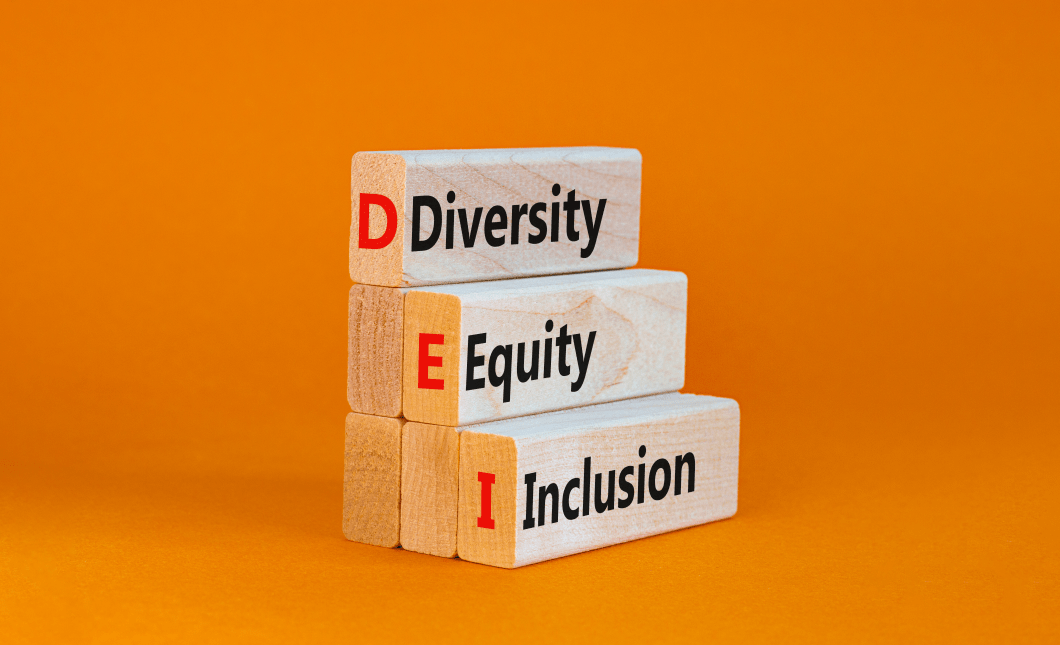Navigating DEI in Commercial Real Estate: From Risk to Resilience

The commercial real estate (CRE) industry in the United States has long grappled with the challenge of creating inclusive and equitable spaces in the workplace. In recent years, diversity, equity, and inclusion (DEI) efforts have gained significant momentum. , In 2025, a new chapter unfolded, defined by rising political and legal scrutiny.
This piece explores how forward-thinking CRE firms are embedding DEI into their operations in meaningful, measurable ways—and how this work continues to evolve under the weight of both opportunity and pressure.
In the wake of political pushbacks and regulatory caution, many firms are reassessing their DEI strategies. . In response to external pressures, some organizations have scaledback, paused, or reframed their programs. Yet, , stakeholders- from investors and employees to tenants- continue to demand commitment to DEI.
So how are CRE firms responding? The answer lies in shifting from performative actions to embedded, systemic change.
From Statements to Structures: What Leading CRE Firms Are Doing
Supplier Diversity & the CREDS Consortium
Supplier diversity remains one of the most impactful areas of advancement. The Commercial Real Estate Diverse Supplier (CREDS) Consortium, supported by seven major industry associations, helps firms identify and engage with minority, women, veteran, LGBTQ, and disability-owned businesses.
CBRE, for example, reported spending $2 billion with diverse suppliers in 2023 showcasing how procurement strategies can drive real economic equity.Mentorship and Talent Pipelines
Effective DEI strategies go beyond hiring. Firms such as Physicians Realty Trust have implemented mentorship programs, DEI councils, and scholarship that support high school students from underserved communities -laying the groundwork for future talent.
According to the ULI Global DEI survey, more than 30% of CRE firms now offer scholarships and internships aimed at diversifying the talent pipeline.Boardroom & Leadership Representation
While progress is slow, change is happening, and the numbers are moving in the right direction. Diverse executive representation across CRE firms increased from 10.9% in 2021 to 12.8% in 2023, and women now hold nearly one-third of board seats.These gains matter, as diverse leadership is directly linked to more inclusive decision-making and long-term organizational health.
Dedicated DEI Roles & Committees
Roughly 21% of North American CRE firms now have dedicated DEI officers, and more than two-thirds have formal DEI committees. These groups are helping drive accountability, ensure strategic alignment, and support measurable outcomes across the business.Clear Metrics and Legal Compliance
Firms are learning to balance their DEI goals with compliance guidance from the EEOC and other regulators. The focus is shifting to data-informed strategies and neutral frameworks that promote equity without violating anti-discrimination laws.
Why DEI Still Matters in CRE
As office occupancy rates remain uneven and competition for talent intensifies, , inclusive workplaces are emerging as a critical differentiator. DEI isn't just about doing what's right—it's about business resilience, maintaining community trust, and attracting the next generation of professionals and tenants.
The challenge for CRE leaders in 2025 is to transform DEI from a vulnerable initiative into a core operational value– one that is legally sound, strategically aligned, and community-driven.
Looking Ahead
The CRE industry has made important strides in advancing DEI, but the work is far from finished. As the external environment evolves, firms that stay committed—and adapt their strategies with intention—will be best positioned for long-term impact and success.
Appendix: References